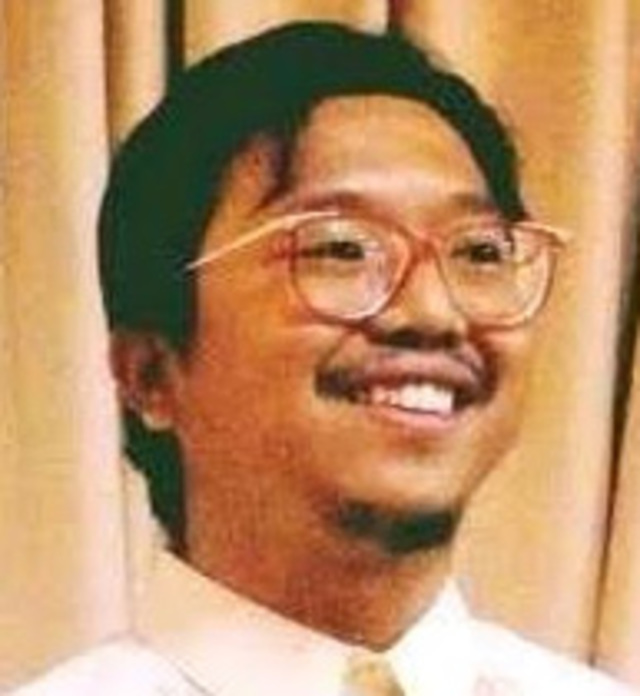Image may be NSFW.
Clik here to view.
Clik here to view.

From the wealthiest countries in Europe and North America, to emerging democracies like the Philippines, populism spreads really fast. What is upsetting to me is that at a time when we are captured by this groupthink, the academia is very active in analyzing our choices and actions, yet the spaces for engagement are really limited.
The Philippines has a long history of active citizenship and a vibrant civil society. However, this did not prevent our current predilection for fake news and misinformation. The claim that being an active citizen is enough to protect democracy ignores the fact that populism accepts popular sovereignty. The only difference between active citizenship (from the liberal democratic standpoint) and fascism is that the latter dismisses the constitutional order and liberal protections for individuals, saying they are irrelevant.
The intelligentsia cannot adequately contribute to safeguard democracy or insulate the people from populism by preaching about the absence of critical thinking. Driving towards solutions requires transforming “them” to “us.” (READ: [OPINION] Pundits and professors)
If we start to think that “bobotantes” (stupid voters) choose clowns or unqualified candidates because they seem to represent pressing concerns, perhaps we can reflect on the failure of political parties, evidenced by lack of real constituencies and shifting alliances. For instance, people are willing to vote – even actively campaign – for a patronizing congressman, as it appears pragmatic in a system that provides a very limited chance for an ordinary citizen to run, much less win, an election. (READ: Vote-selling among the poor a 'logical' decision - think tank)
Having said that, I believe that intelligent people are not innocent. Because of academic tribalism and the domineering attitude of some aging gods who assume the role of gatekeepers, young intellectuals who could otherwise have public platforms are helpless in the face of bloggers who become online sensations for appealing to everyone’s confirmation bias. (READ: Blogger-propagandists: The new crisis managers)
There is also this problem about the changing focus of universities. Lately, they appear to concentrate more on improving their student’s employment prospects. Although many institutions have developed productive partnerships with local communities and have invested resources, they need to place greater emphasis on becoming more vigorous partners in the search for answers to our most urgent social and moral problems. (READ: Why academic achievements are not enough)
Simply sending more people to college does not address the root of the problem. To impart progressive attitudes to common citizens, universities must live up to the same values they promote: tolerance and social justice. Too much research is directed at tightly knit intellectual circles. Academics must also provide a platform for knowledge exchange with stakeholders outside its immediate community. Only by letting intellectualism to thrive in the margins of society can we make the Philippines more equitable. By saying that the academe should be “everywhere,” it means that professors and social researchers must extend their reach, overturning traditional hierarchies and instilling critical thinking in an open society.
This leads to a discussion of social development and inclusiveness. If you have a decent job, live in a condo, and are sure you are not a “bobotante,” would you mind a conversation with the taxi driver or the package delivery boy about the things that matter to him? Some may harbor strong political opinions that do not align with our generally accepted norms on political correctness. This is an intuitive response engendered by the limits of institutional participation and their disenfranchisement from economic growth. Doing this experiment may help you realize the extent to which we, intellectuals, have become a sounding board to ourselves. (READ: [ANALYSIS] The myth of the 'rational' Filipino voter)
To question your intellectual tribe and its contribution to society, that leaves you with ammunition against those who accuse smart people of being a snob. – Rappler.com
Francis Bautista, or Kiko, is a graduate student and civil servant. He is an MA student of Philippine studies at the University of the Philippines Diliman. Currently, he is finishing his thesis on state and civil society synergies in the context of social welfare and development.
Image may be NSFW.Clik here to view.
